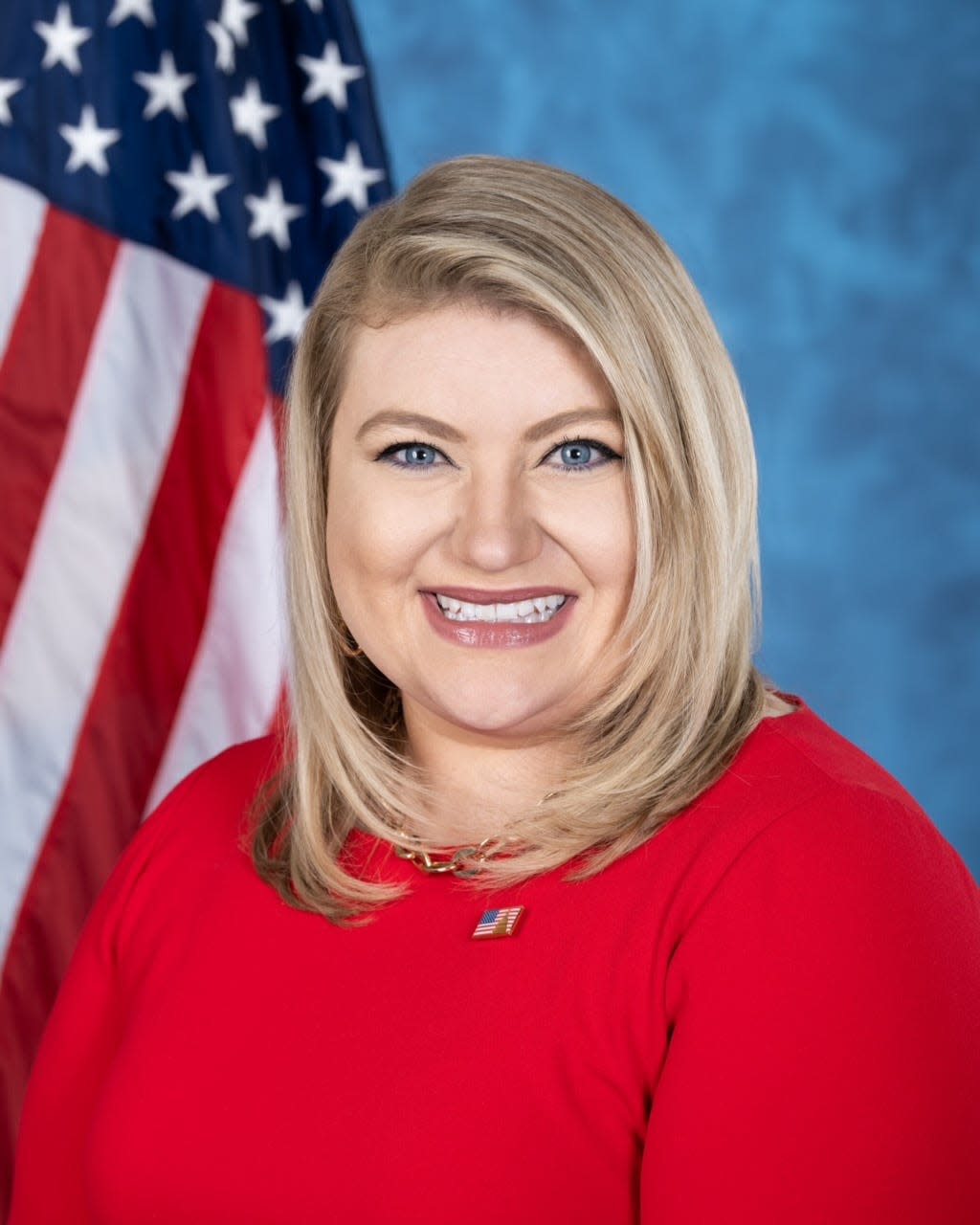Food is essential, and we need a farm bill to protect it

The last two years have realigned priorities for many of us. When we could no longer depend on items and activities we used to take for granted, we were forced to narrow our focus to what’s most important, priorities like faith, family, health and food.
We all need good, wholesome food to grow and survive. We need a new farm bill that will support American farmers and protect our access to a national food supply in the near term and for generations to come.
Supply chain disruptions and panic buying during COVID exposed just how fragile our world’s food system is. Grocery stores once filled to the brim with options had entire aisles of vacant shelves.
Now, inflation has sent the price of food through the roof. The price of eggs spiked 33.1%, flour jumped 19.2% and chicken went up 18.6% over the last year. Milk got 16.4% more expensive, and fruits and vegetables were 8.1% pricier, according to data released by the Bureau of Labor Statistics.
In many other countries, it is far worse. Prices are higher, and food is scarcer. Due to global unrest, trade routes have been cut off and basic food items, like grain, are limited. The World Food Programme estimates a total of 50 million people in 45 countries are teetering on the edge of famine.
Increases on fuel and strains on fertilizer availability have further exacerbated food supplies.
We are extremely fortunate to have a strong domestic supply of food in the United States, and much of it is grown right here in Florida.
Florida farmers grow, raise and harvest food that is served on dining tables around the world. Florida agriculture produces more than 300 different commodities and ranks first in the United States in value of production of cucumbers, grapefruit, squash, sugarcane, fresh market tomatoes, radishes, guavas, mangoes, passion fruit, watermelon and kumquats.
South Florida is the Winter Vegetable Capital for the United States. More than 179 million Americans, who live east of the Mississippi River, depend on Florida for sweet corn, rice, lettuce, cabbage, fresh green beans and celery for nearly eight months out of the year.
Not only do Florida farms produce our food, but they also protect our precious landscape. Agricultural land (cropland and ranchland) and forest land make up nearly two-thirds of the state’s land area. These lands replenish our aquifers, generate oxygen for our lungs and protect critical habitat in which our wildlife lives and thrives. All of these public goods require stable and effective public policy.
Our nation’s farm bill operates and funds programs that keep Florida farms competitive and operational. The farm bill protects farmers and ranchers against risks of weather, pests, diseases and adverse market conditions. It also helps control the cost of production often in the face of unfairly subsidized global markets and maintain a stable domestic food supply, which in turn, helps limit rising grocery store prices. The farm bill provides funding to vital conservation programs to help protect wildlife habitat, soil, air and water, and it supports research programs to improve agricultural productivity and rural communities.
The farm bill passed by Congress in 2018 is set to expire at the end of this year, and there’s a lot at stake. If we don’t renew the programs under the farm bill, prices for everyday groceries will soar beyond the record high prices families pay today.
The longer-term consequences are even more dire. If we don’t keep farmers in business, America will become more reliant on foreign countries for the resources we need the most. The next time global trade comes to a screeching halt, grocery stores may look more like the empty new car lots we saw last year. Our nation’s hunger crisis could escalate quickly to widespread famine. In addition, the farmlands that once protected our landscape would be converted or developed for other purposes, and the protections in place for land, water and wildlife would vanish.
In simple terms, there’s a lot at stake. Food security is critical to our national security.
Our lawmakers must move quickly to develop and advance a new farm bill, preserving the programs that work while adapting new solutions to an ever-changing landscape.
We need Congress to pass a farm bill that will support our farmers, strengthen our food supply and preserve its long-term sustainability. Like faith and family, food is essential.
To provide input on the upcoming Farm Bill, please visit https://republicans-agriculture.house.gov/forms/form/?ID=2&Preview=true
Kat Cammack is a member of the U.S. House of Representatives representing Florida’s 3rd Congressional District. She serves as the lone Florida Republican on the House Agriculture Committee.
Jeb. S. Smith, a fifth-generation farmer from St. Johns County, is the president of Florida Farm Bureau Federation.
This article originally appeared on The Ledger: Food is essential, and we need a farm bill to protect it

